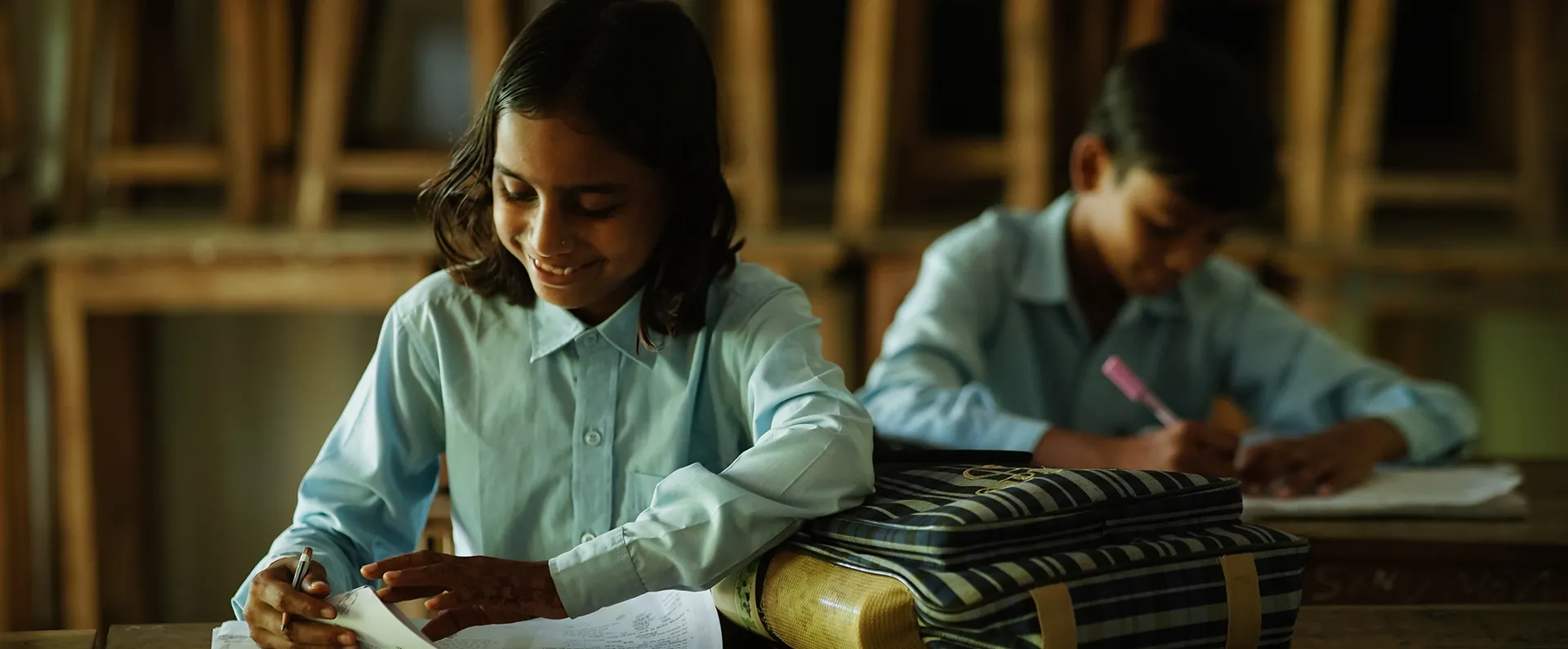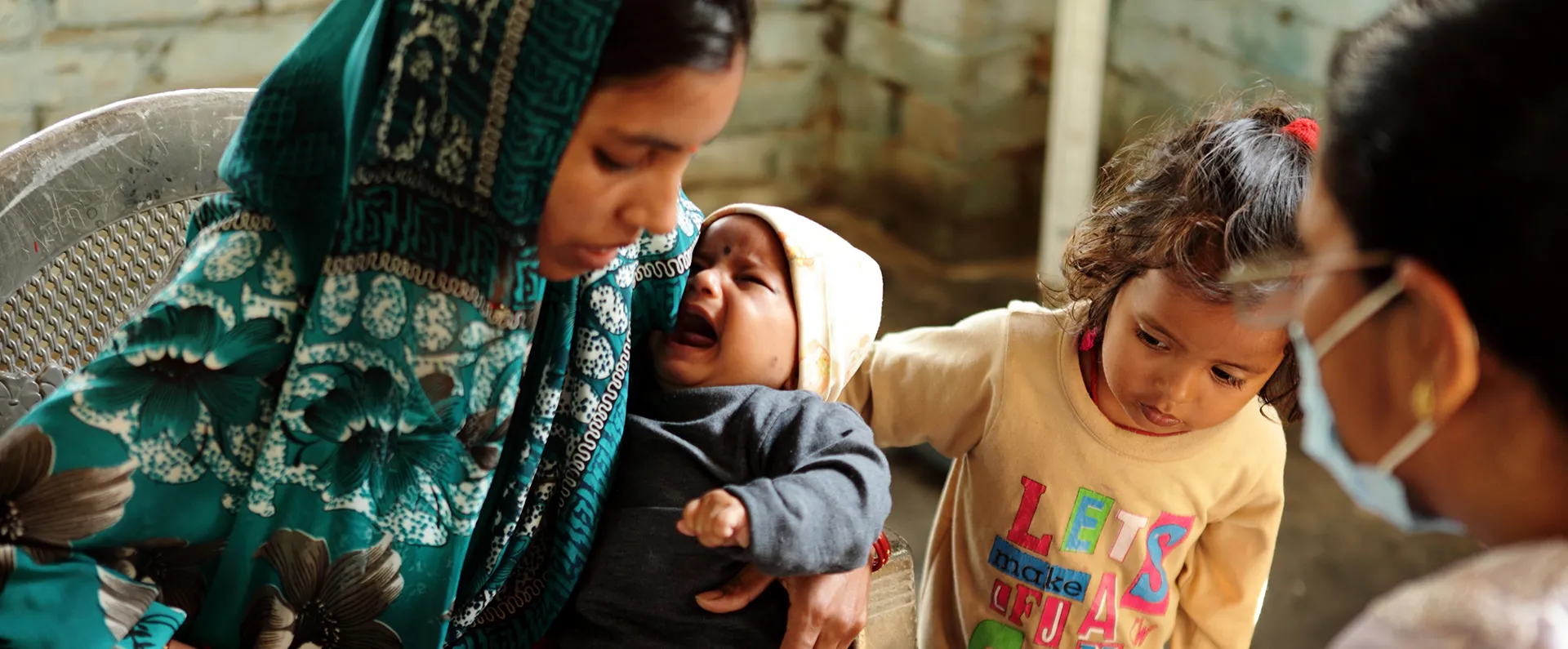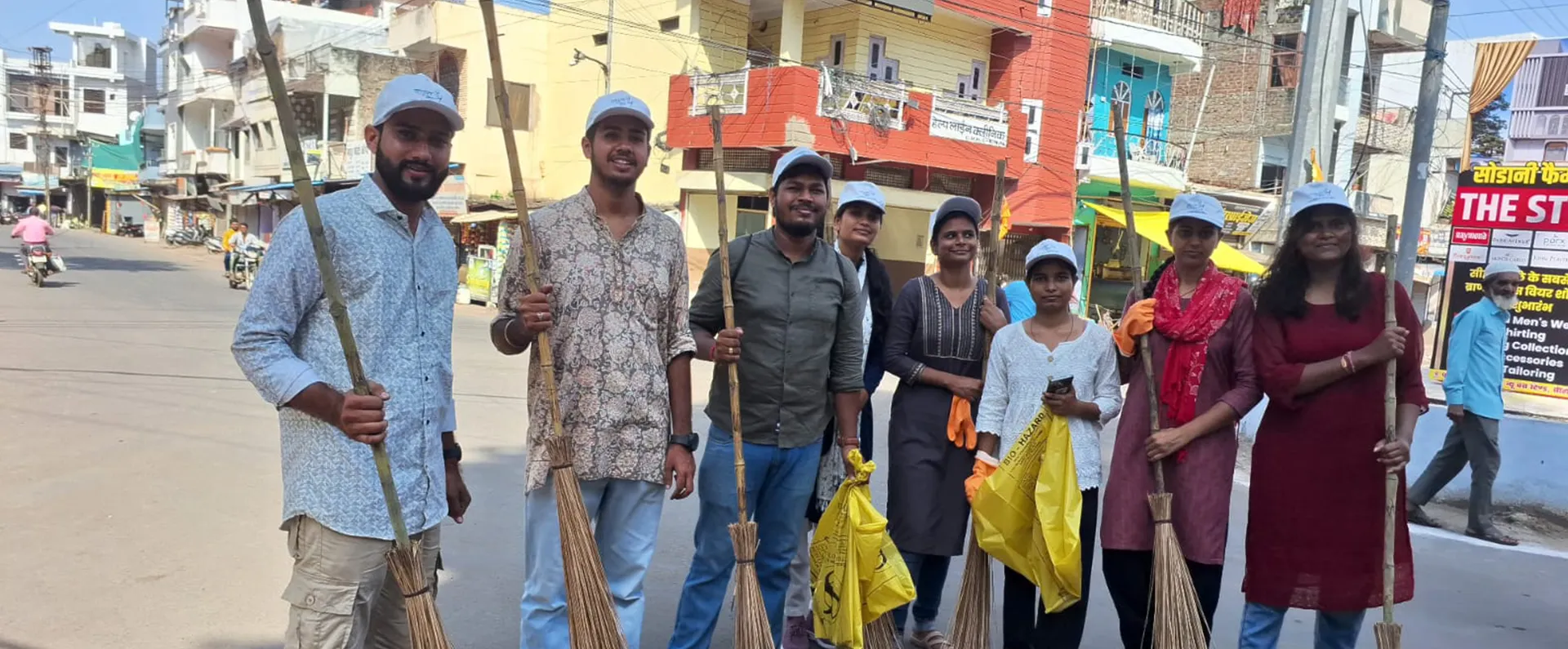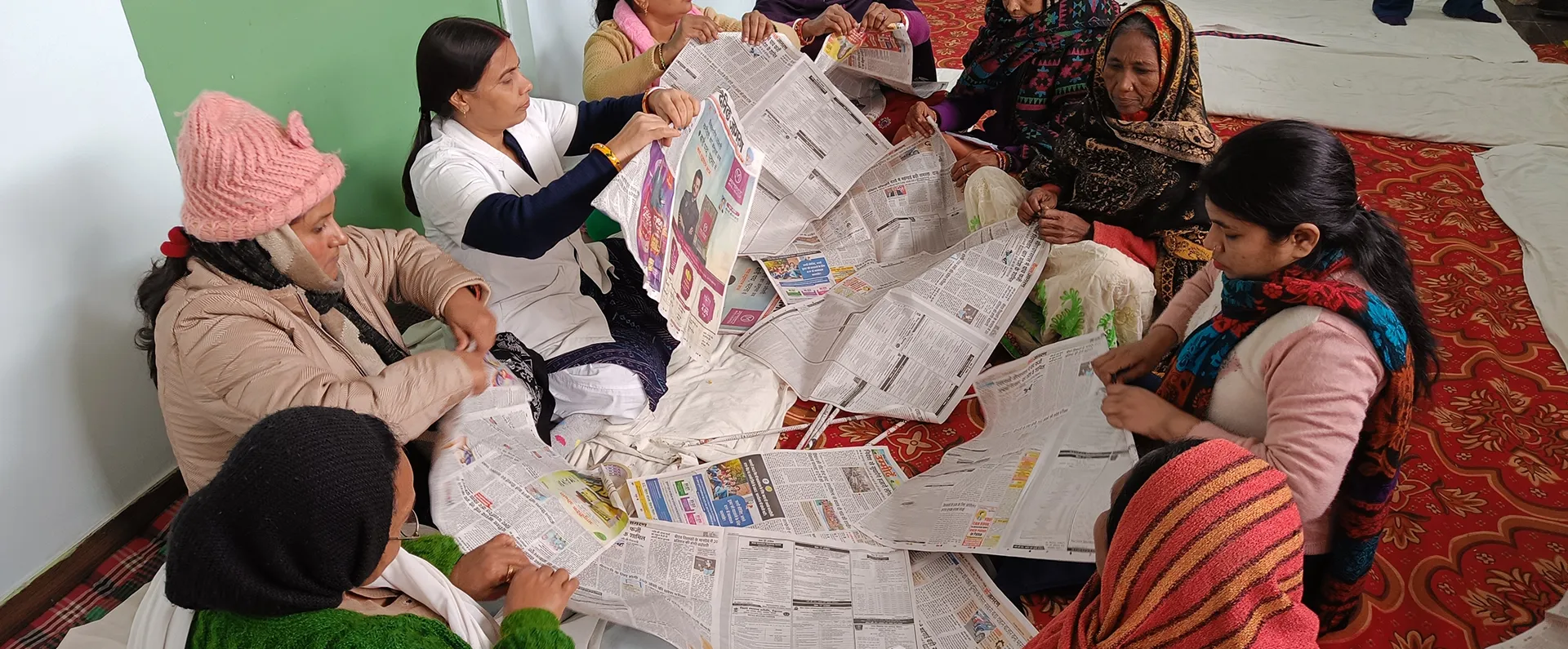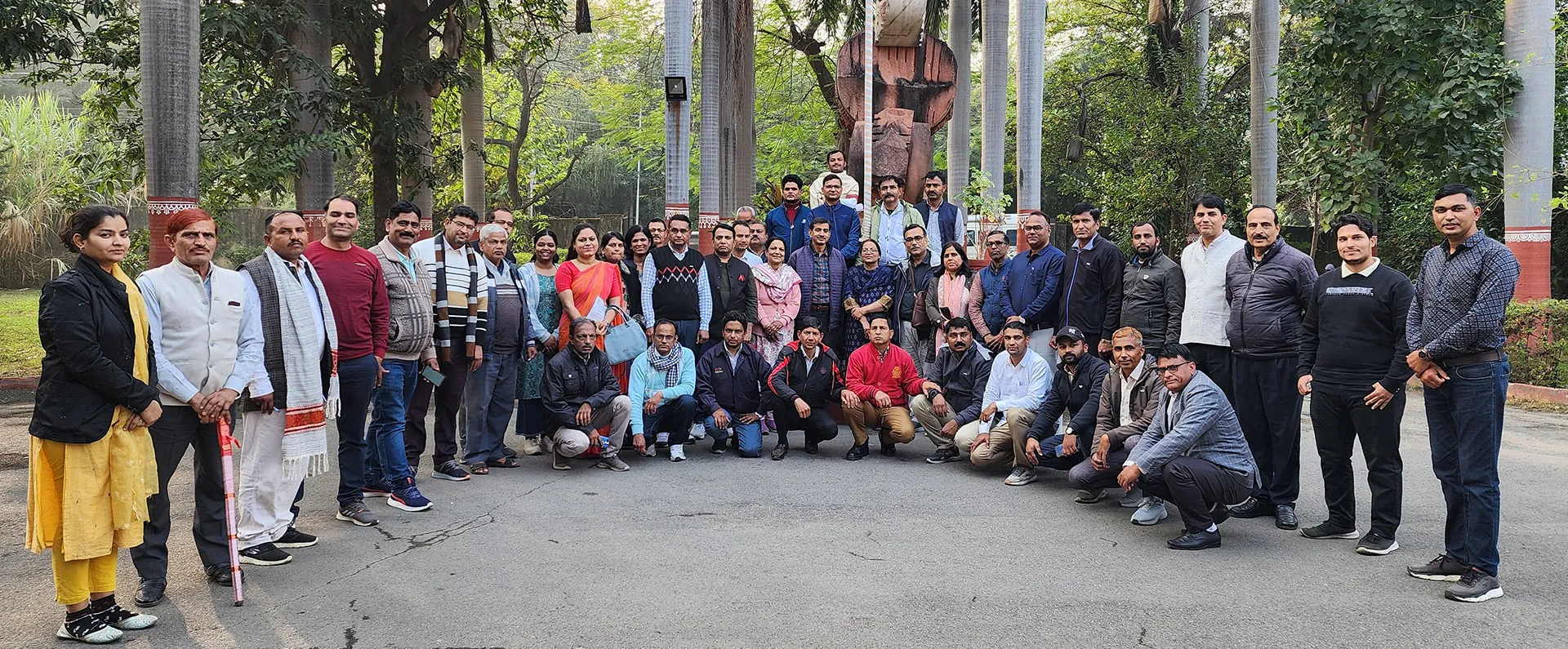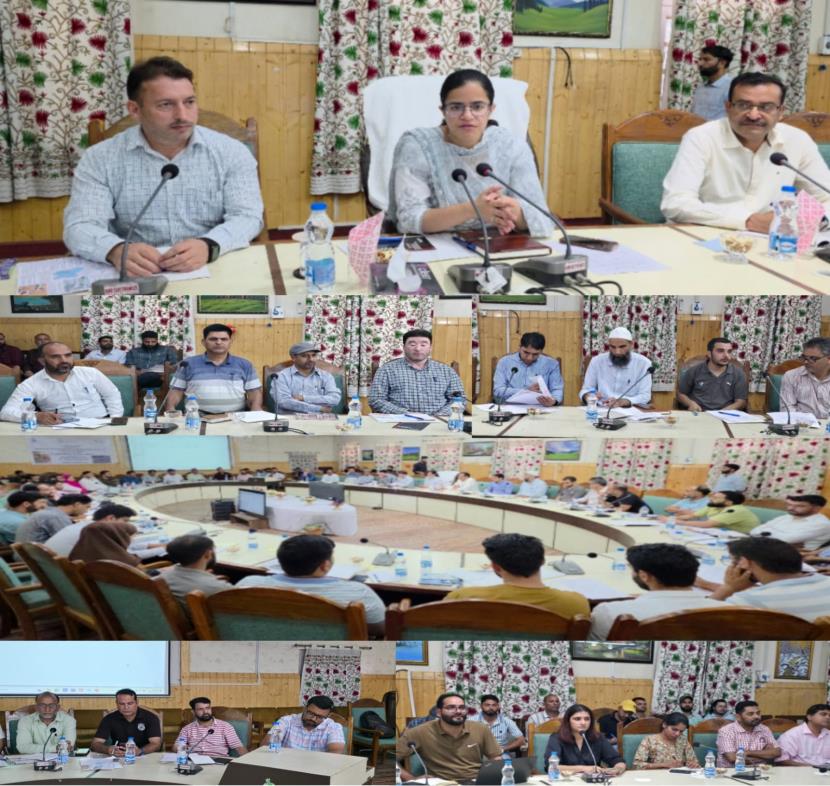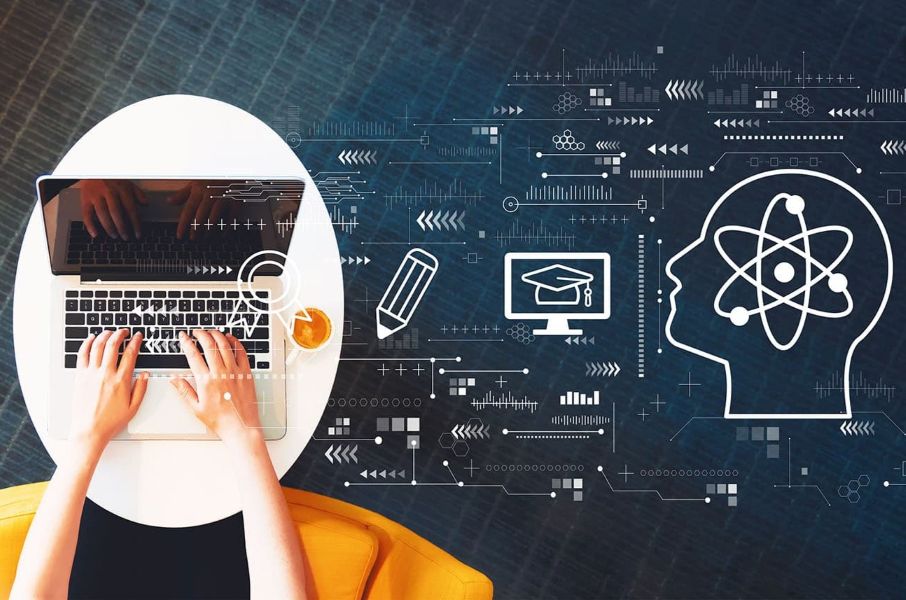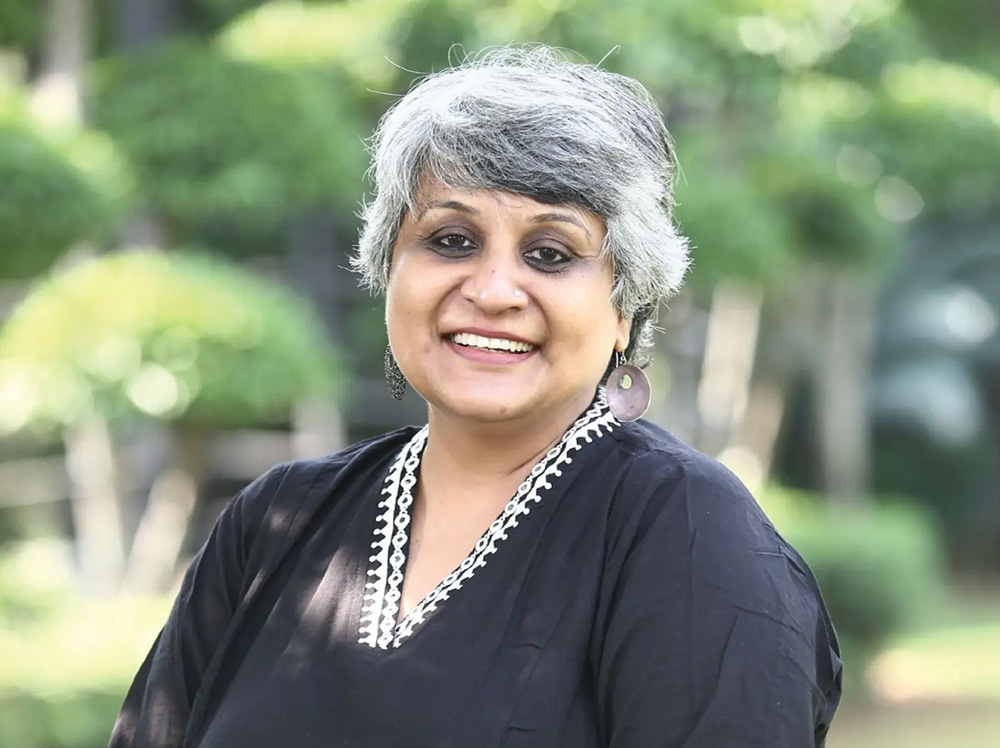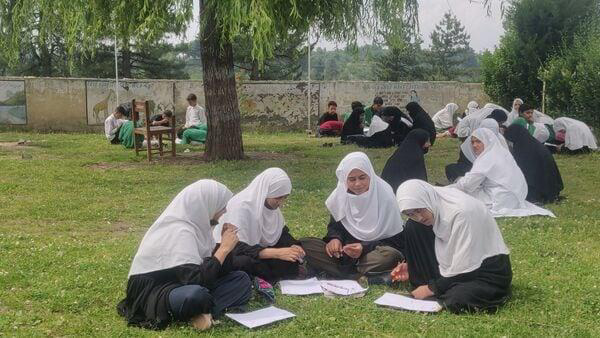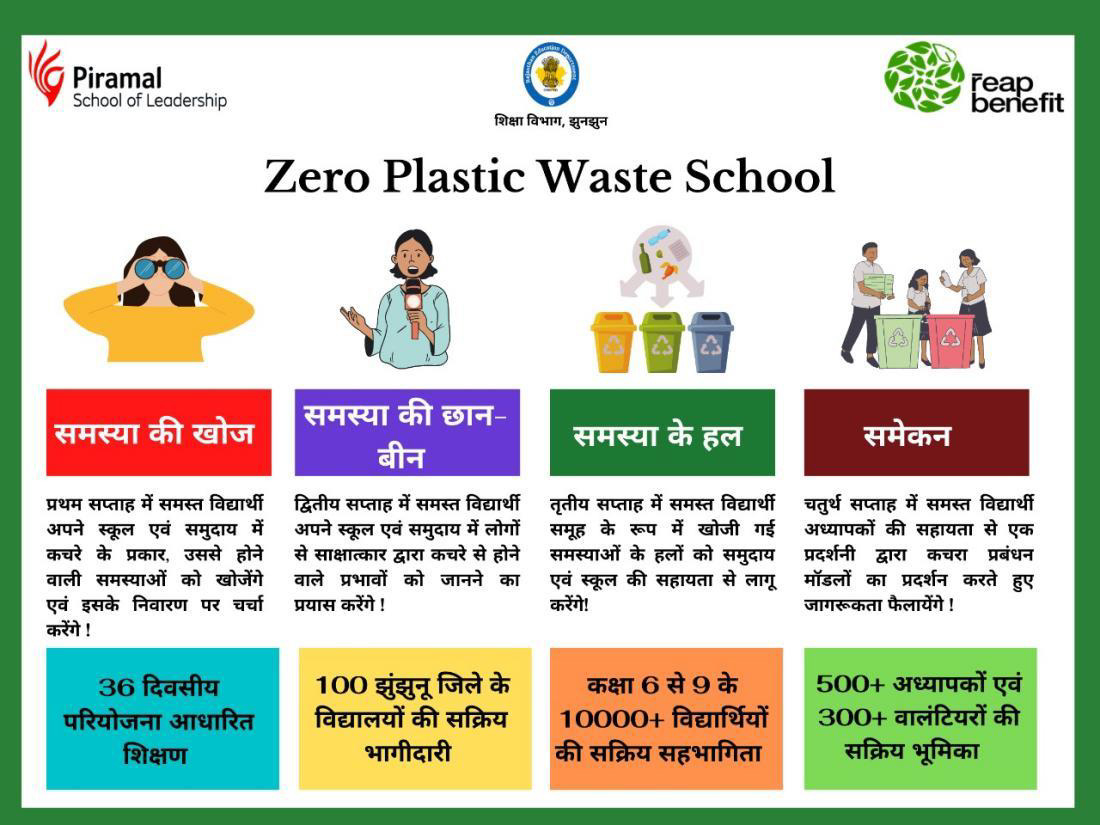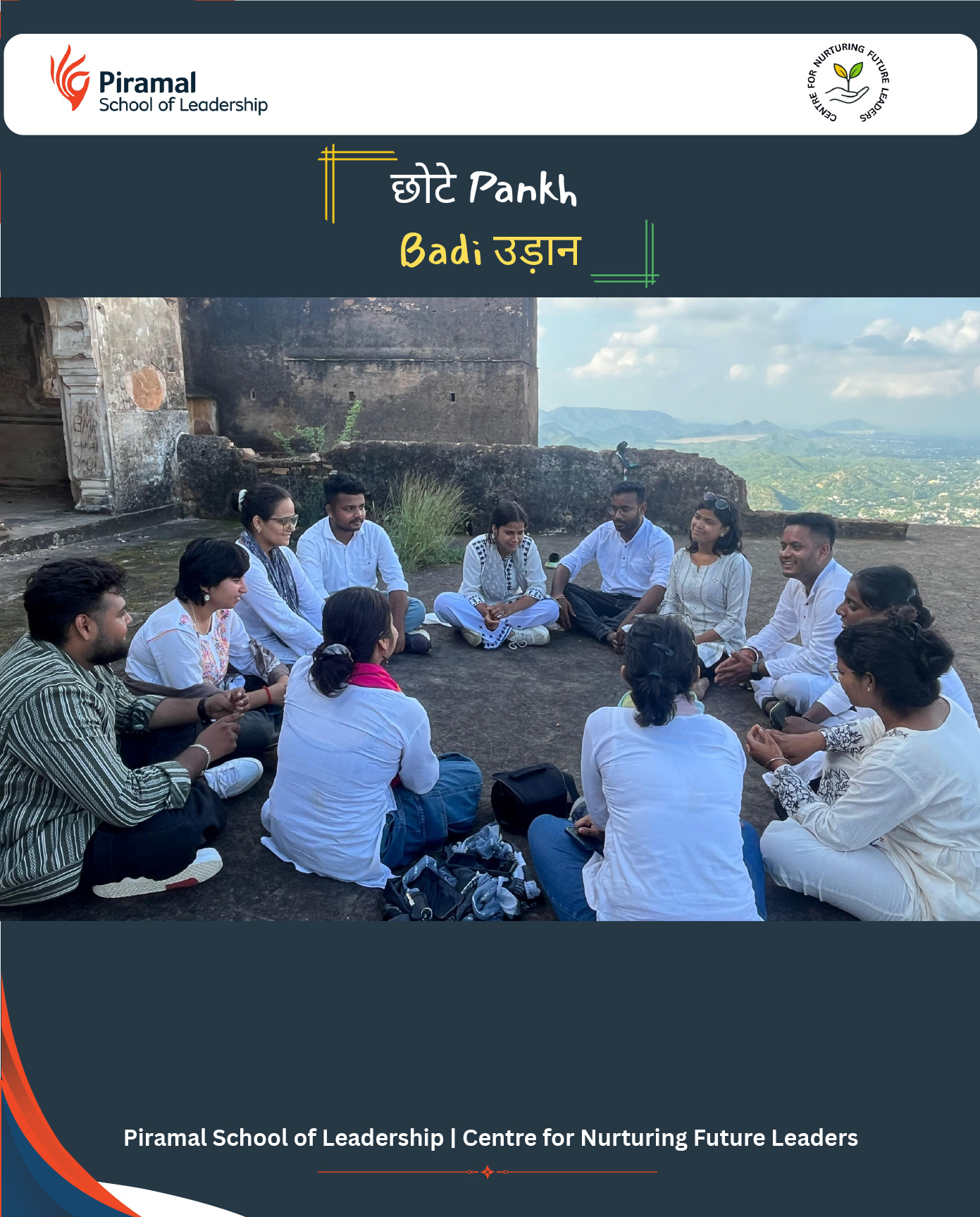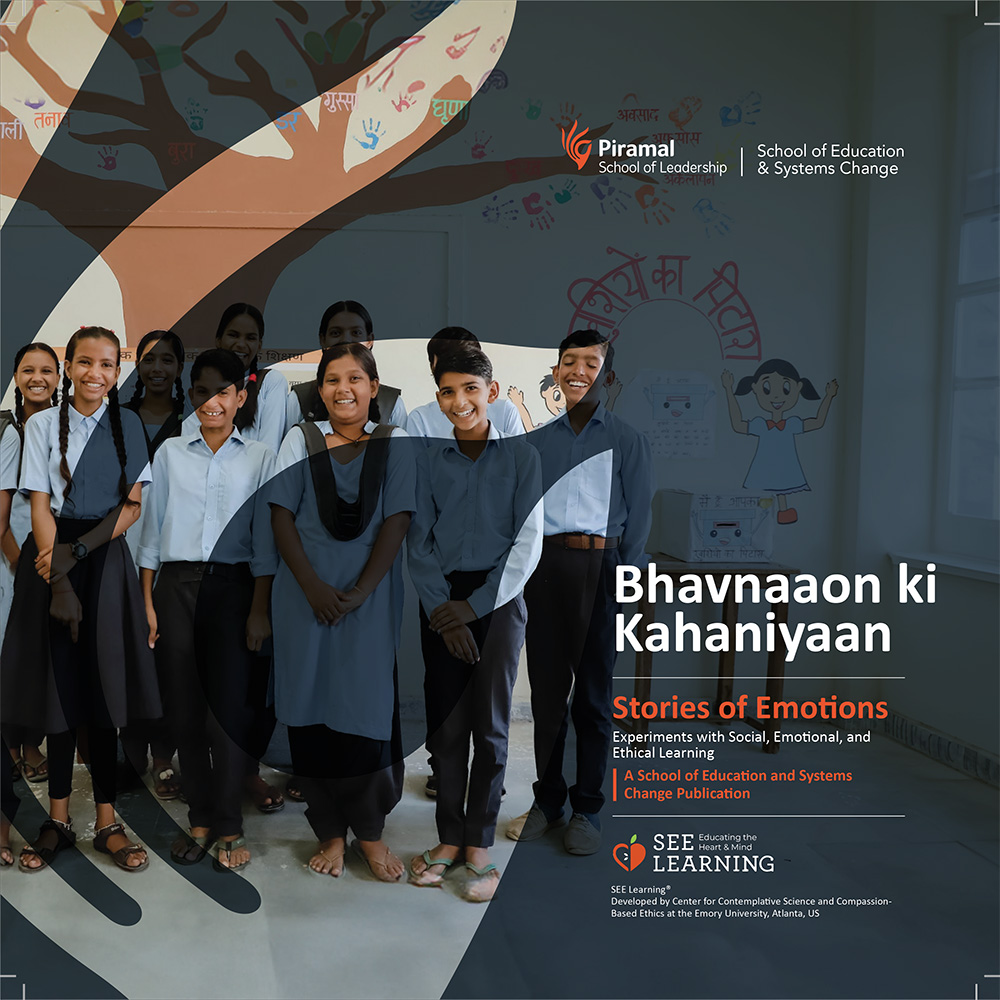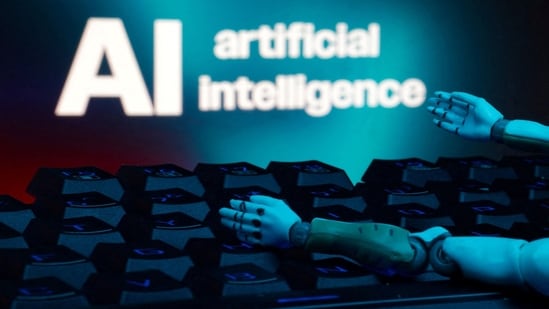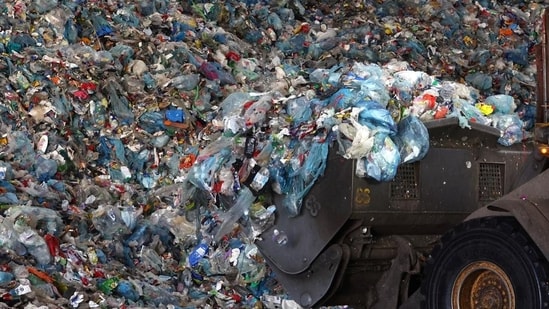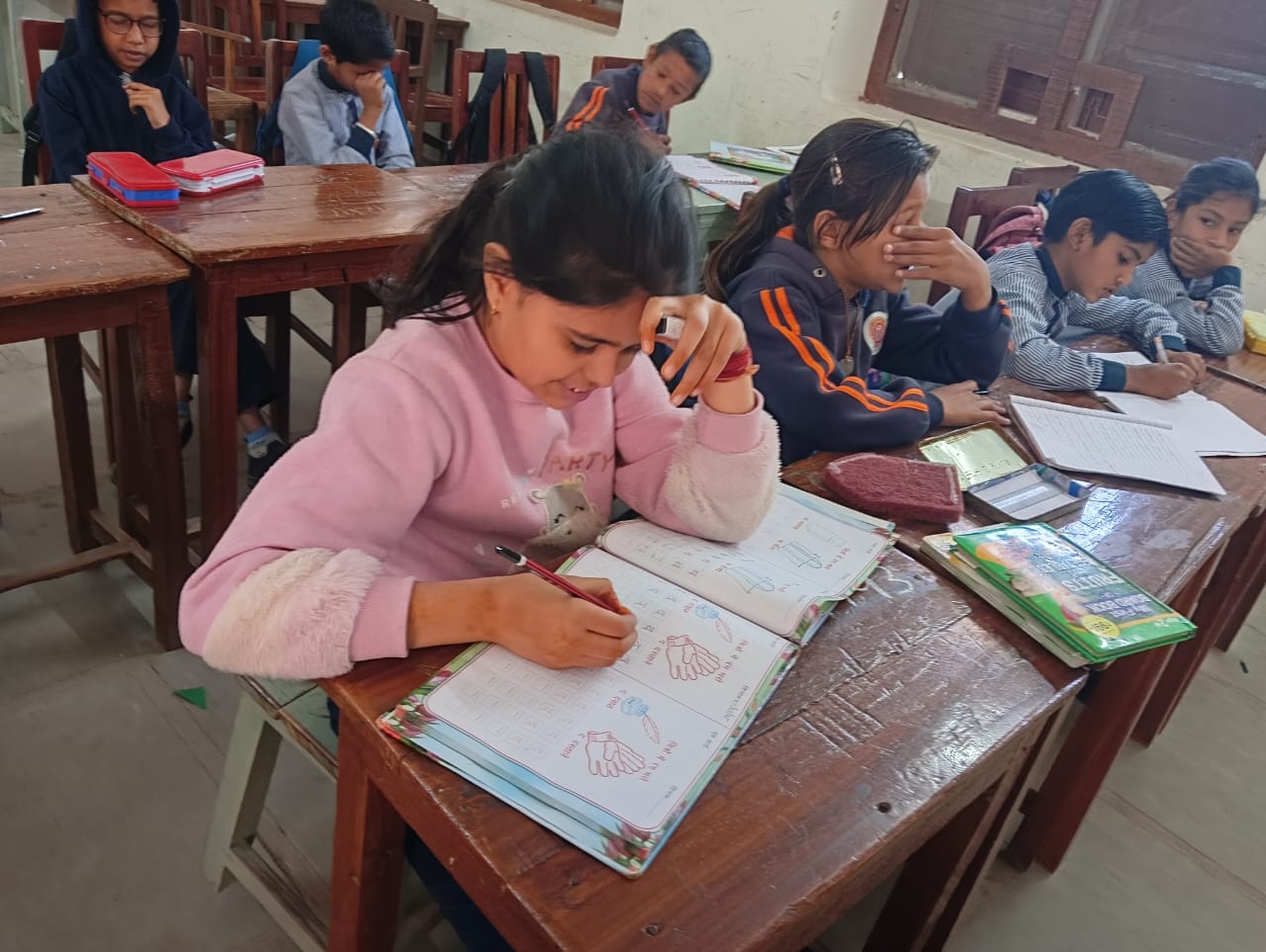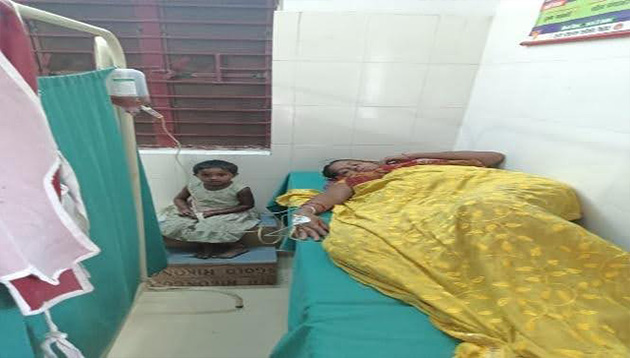Theory of Change
Build capabilities of public systems to deliver with innovation and excellence for PWD and CWSN
The Rights of Persons with Disabilities Act, 2016 marked a critical step toward inclusion. However, systemic barriers continue to hinder access to education and employment for Persons with Disabilities (PwDs)—27% of children with disabilities have never been to school, and only 34 lakh of the 1.3 crore employable PwDs are currently working. To address this, the School of Inclusion aims to build an inclusive program, strengthening capabilities of public systems to seamlessly integrate Children with Special Needs (CWSN) from early years to adulthood. It strengthens livelihood, training, and opportunities and endeavors to create a platform for enhanced participation and strengthened community support systems for people living with disabilities.
SoI has started an inclusive educational program where learners with special needs and without special needs are learning and growing together. In this program, we embrace the uniqueness of each individual and create an environment where all students feel supported, respected, and empowered to reach their full potential. The goal is to foster a community of inclusion where differences are accepted and embraced as opportunities for growth and understanding. The program is supported by educators, therapists, counsellors, and teachers for curricular and extracurricular activities.
The School of Gender and Inclusion is being established as a north star to build capabilities of public systems to deliver with innovation and excellence for Persons with Disabilities and Children with Special Needs, and we are doing so through our various Centers of Excellence:
Build capabilities of learning institutions to seamlessly integrate children with special needs from early years to adulthood.
Strengthen livelihood training and opportunities by improving capabilities and influencing policies.
Demonstrate institutionalized rehabilitation service delivery to create a center of excellence for rehabilitation services and assistive technologies.
Protect the rights by creating platforms for participation and community support systems.
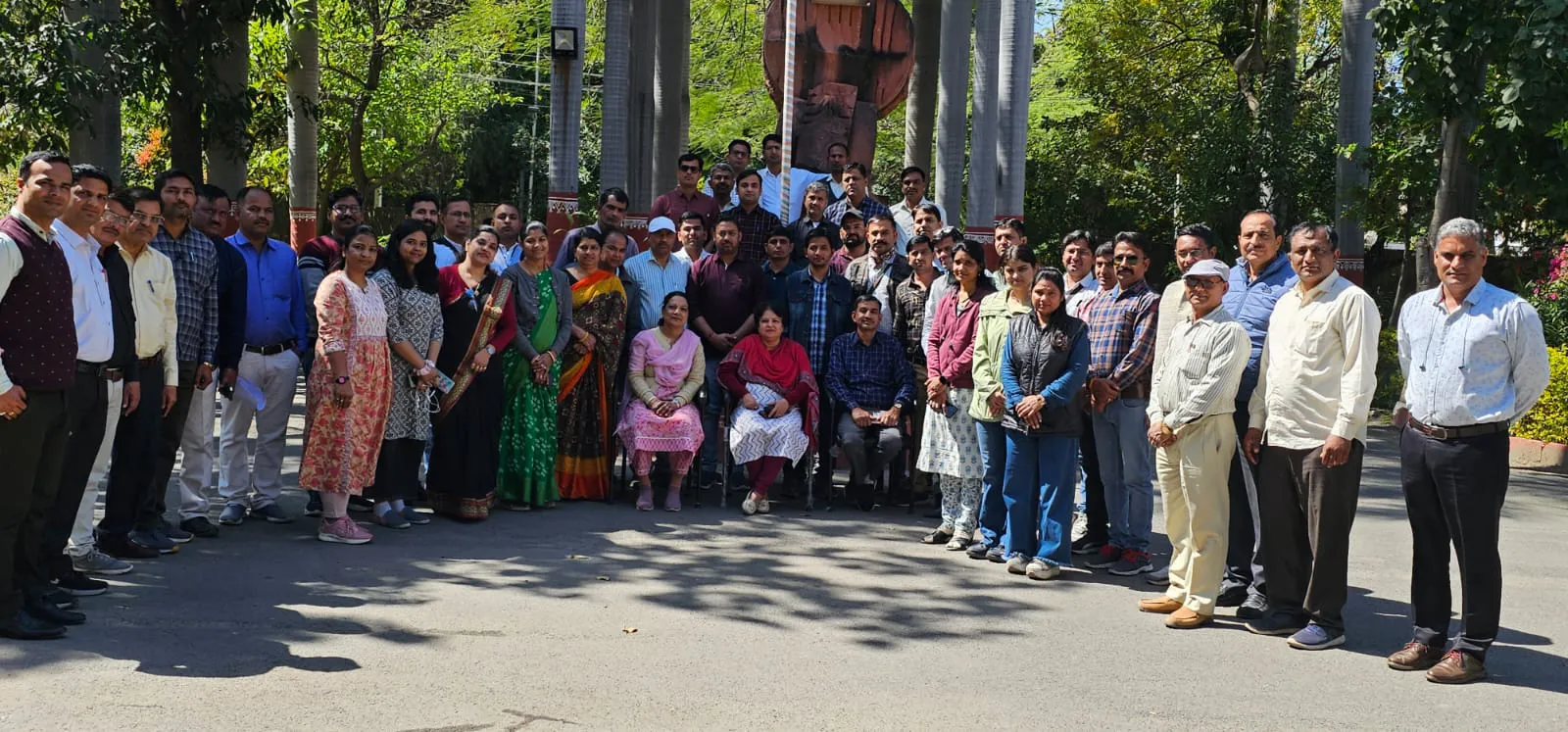
Interventions
- Demonstrated integration to achieve the inclusion of children with special needs in an existing regular school in Jhunjhunu, Rajasthan. All 200 children, differently abled, learn together in an environment where differences are accepted, respected, and nurtured through a range of interventions.
- Oriented 500+ students and teachers on learning disabilities through campaigns
- Supported Rajasthan School Shiksha Parishad in developing Guidelines for home-based education for Children with Special Needs as part of National Education Policy
- Improved psycho-motor skills of 200 children.
- Sensitised 2000 parents, children and people with special needs, and community members through outreach activities.
- Developed 15 young persons as Gandhi Fellows and 7 local women as Karuna Fellows to learn, inspire and advocate integration for inclusion. They are the future social entrepreneurs, intrapreneurs, and leaders.
Theory of Change
Build the capabilities of Public Systems to enable sustainable socio-economic empowerment of women by strengthening institutional response, fostering agency of women and creating livelihood pathways.
Recognizing that the interconnectedness of social and economic factors, such as gender roles, patriarchy, access to work, and decision-making, is essential to strengthening women’s agency. These factors do not operate in isolation; they intersect and reinforce one another, shaping how women experience opportunity, power, and equity. This understanding demands a dual lens that of self-transformation and systemic change.
The inner work of unlearning norms, building confidence, and reclaiming agency.
The external work of challenging structures, policies, and cultural systems that perpetuate inequality.
At Piramal Foundation, this vision is operationalized through two flagship programs and proposes to work with the public system on enabling socio-economic empowerment of women.
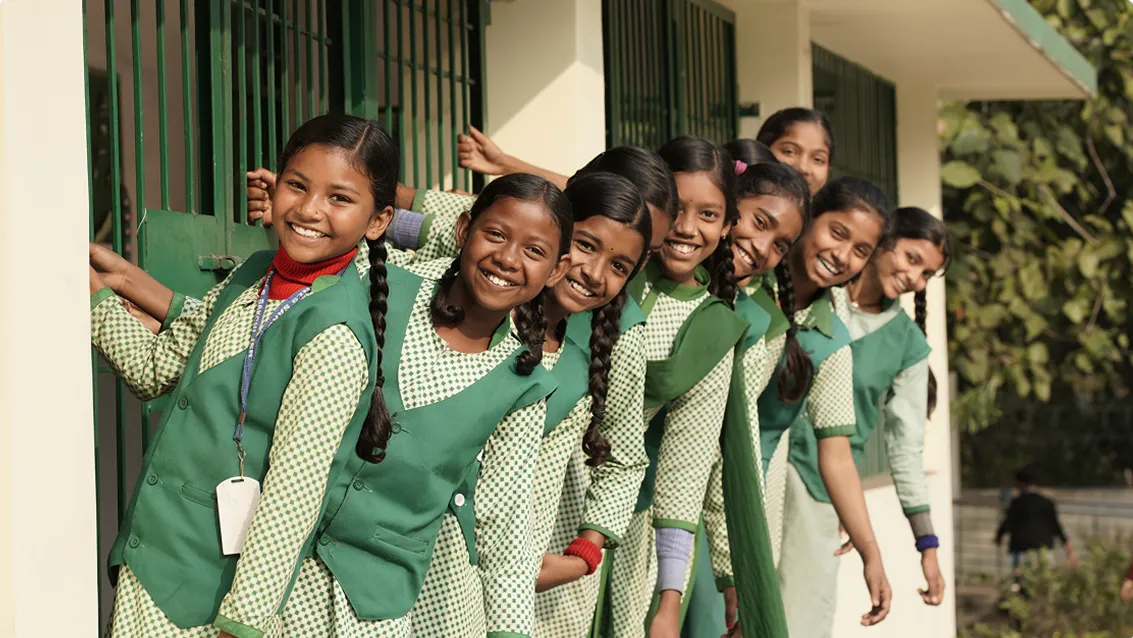
Karuna Fellowship
The Karuna Fellowship is a 23-month transformative program designed to build agency and enable socio-economic empowerment for women from challenging and marginalized backgrounds. It supports them in becoming catalysts for women-led development in their communities and beyond. The program has onboarded 1000 Karuna Fellows in the journey of personal agency-building and leadership development.
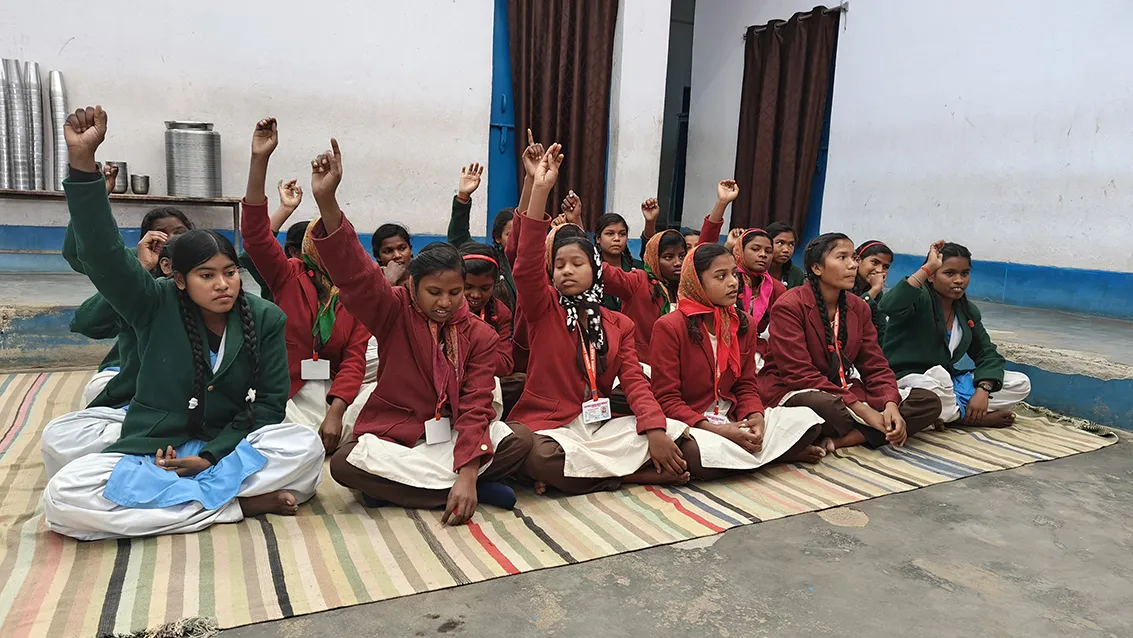
Samruddhi and Vardhana
Extending the vision of Karuna Fellowship, “Samruddhi” and “Vardhana” programs were introduced in collaboration with the private sector, with a vision to enable local women to enter and thrive in non-traditional sectors. These programs offer domain specific skilling and on-ground immersive experience. It aims to reshaped institutional norms and create systems where women’s participation is recognized, supported, and normalized, laying the groundwork for sustained, inclusive growth. 244 women have benefitted through these models implemented in partnership with the private sector.
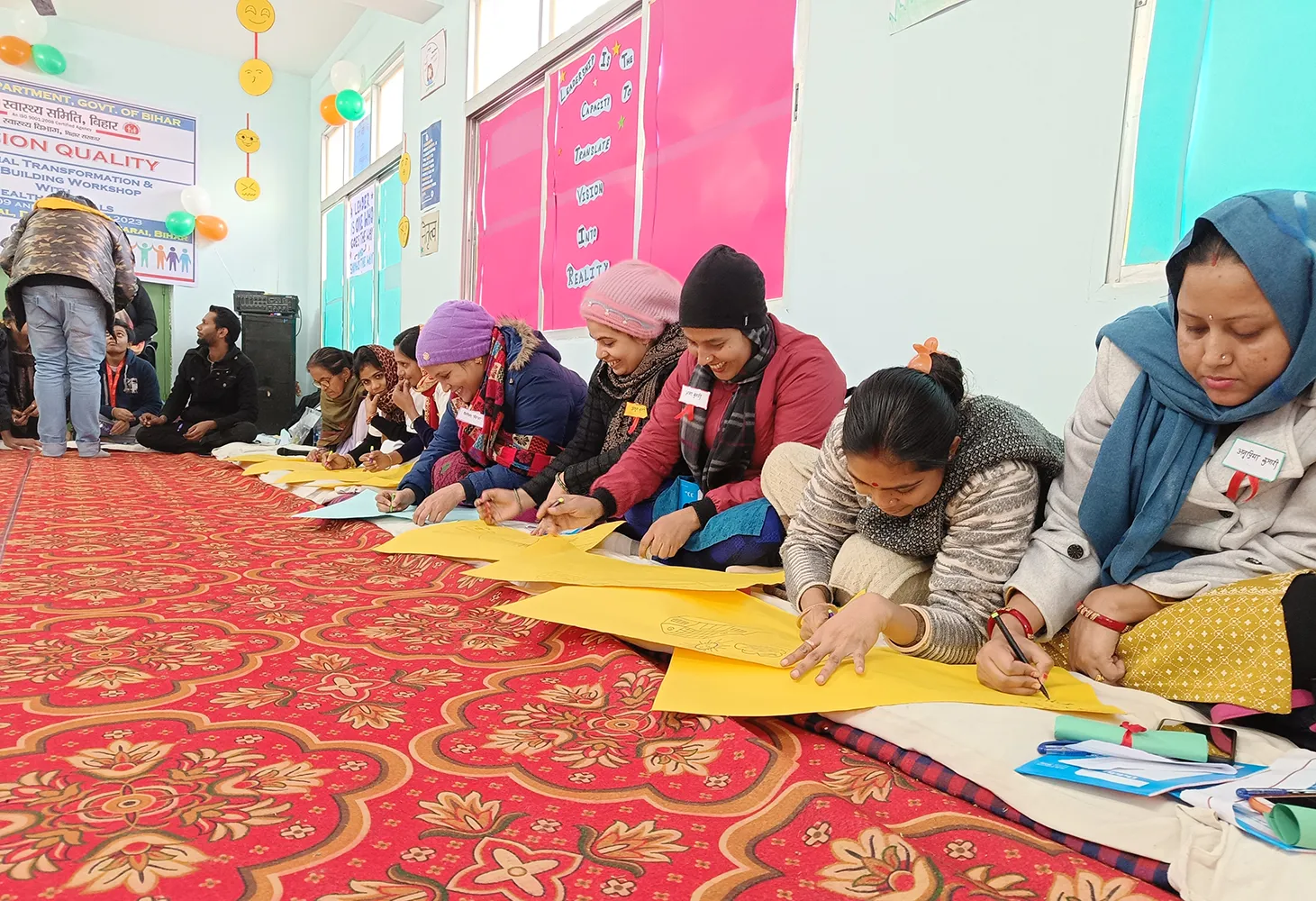
Rooted Empowerment, Systemic Reform
- Driving System Change - Embed gender transformative thinking into the design and implementation of public policies, governance frameworks, and development programs, ensuring that structural change supports women’s inclusion at every level.
- Government Systems & Middle Manager Capacity Building - Strengthen the gender leadership capabilities of middle managers to enhance last-mile delivery. This includes integrating social and gender perspectives across key pillars of government schemes and services.
- Collaborating with Ministries for Gender - Responsive/Transformative Programming-Partnership with ministries and public institutions to co-create inclusive, gender-responsive/transformative programs, driving convergence across ministries and departments.
- Building Women’s Agency and Economic Capabilities - Support women’s livelihood access, financial literacy, skilling, and enterprise development, tailored to local realities. Ensuring every woman is equipped to participate meaningfully in economic systems.
- Community Adaptation and Norm Shifting - Foster community-led support systems and promote collective responsibility for changing restrictive social norms, where women’s participation in social and economic life is not just allowed—but expected and celebrated.
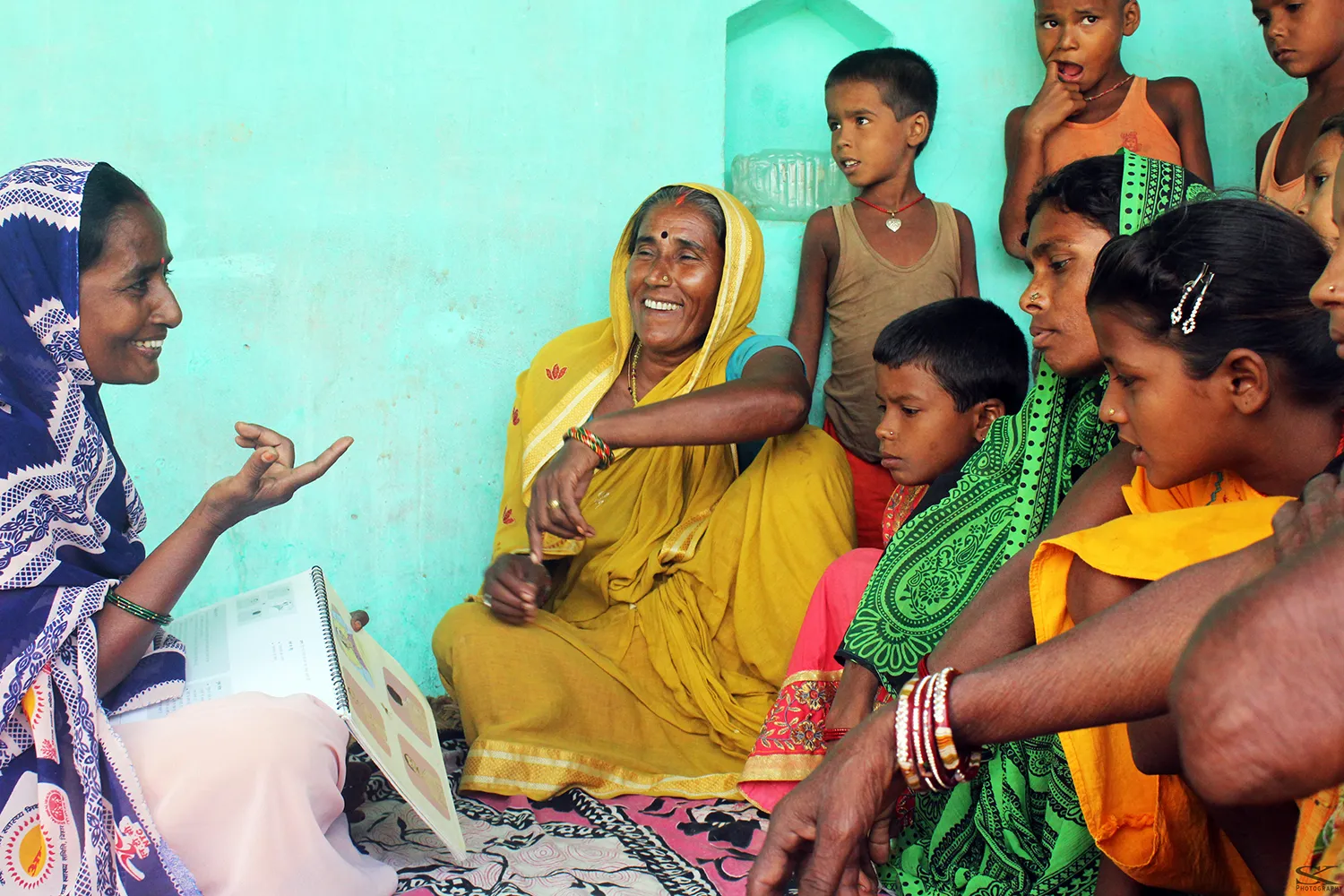
Way Forward
The School of Gender is preparing to launch a government partnership intervention, co-designed with the National Rural Livelihoods Mission (NRLM) and respective State Rural Livelihoods Missions (SRLMs). This initiative will be firmly grounded in SoG’s core strategic levers and will aim to:
- Embed gender-transformative practices in rural livelihood ecosystems.
- Strengthen the capacity of government systems and middle management to deliver inclusive programs.
- Build and scale women’s agency, economic participation, and community support at the grassroots.
Latest Stories
Explore how change is unfolding with the latest insights, stories, and breakthroughs shaping public systems in India.

